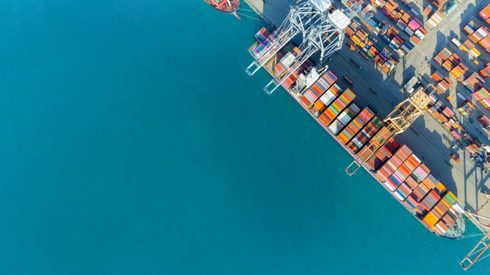Overall biofuel demand is projected to surge by 23% to reach 200 billion liters by 2028, with renewable diesel and ethanol leading this expansion, contributing to two-thirds of the overall growth.
According to a report released by the released by the International Energy Agency (IEA), the remaining one-third is expected to be covered by biodiesel and biojet fuel.
The primary driver for this surge in demand is emerging economies, the IEA said, particularly Brazil, Indonesia, and India, where robust biofuel policies, growing transport fuel demand, and abundant feedstock potential are key factors.
The most substantial growth in ethanol and biodiesel use is anticipated in these emerging regions.
In contrast, advanced economies like the EU, the US, Canada, and Japan are poised for more modest growth due to factors such as the increasing adoption of electric vehicles (EVs), improvements in vehicle efficiency, elevated biofuel costs, and technical constraints.
Notably, renewable diesel and biojet fuel are identified as the primary growth sectors in these advanced economies, according to the report.
In an accelerated growth scenario, demand is forecasted to nearly triple the main projection, driven by reinforced existing policies and the expansion of biofuel demand in new markets.
According to the IEA, the surge in renewable diesel and biojet fuel consumption, estimated at 18 billion liters during the forecast period, is expected to be dominated by the US and Europe, accounting for 80% of this increase.
Key drivers in the US include the Inflation Reduction Act (IRA), state-level low-carbon fuel standards, and Renewable Fuel Standard (RFS) blending obligations.
Meanwhile, Europe has approved the Renewable Energy Directive (RED III), aiming to double renewable energy shares by 2030.
However, IEA’s main forecast predicts modest growth in biofuel demand due to factors like the directive’s double-counting provision, declining transport fuel demand, and the increasing prevalence of electric vehicles and renewable electricity.
13% growth expected due to emerging economies
The forecast also anticipates a 13% expansion in ethanol and biodiesel consumption over the period, with growth in emerging economies offsetting declines in advanced ones.
According to the IEA, key contributors include Brazil’s goal to increase ethanol blending and India’s support for ethanol expansion through blending targets.
Biodiesel consumption is expected to increase primarily in Brazil, Indonesia, and Brazil, driven by increased blending requirements and rising diesel demand.
However, despite plans to encourage renewable diesel use in various regions, the main forecast indicates limited uptake.
Alongside that, over 60% of the global biofuel demand and production growth is expected to occur in Brazil, Indonesia, India, and Malaysia, according to the report.
These countries share common growth drivers, including comprehensive policies, abundant feedstocks, high oil import dependence, and increasing transport demand, making biofuels a prominent feature in their GHG emissions reduction plans.
These factors are expected to propel biofuel expansion throughout the forecast period.
Keep up to date with the industry news, price data, and forecasts by checking our biofuels market page.







